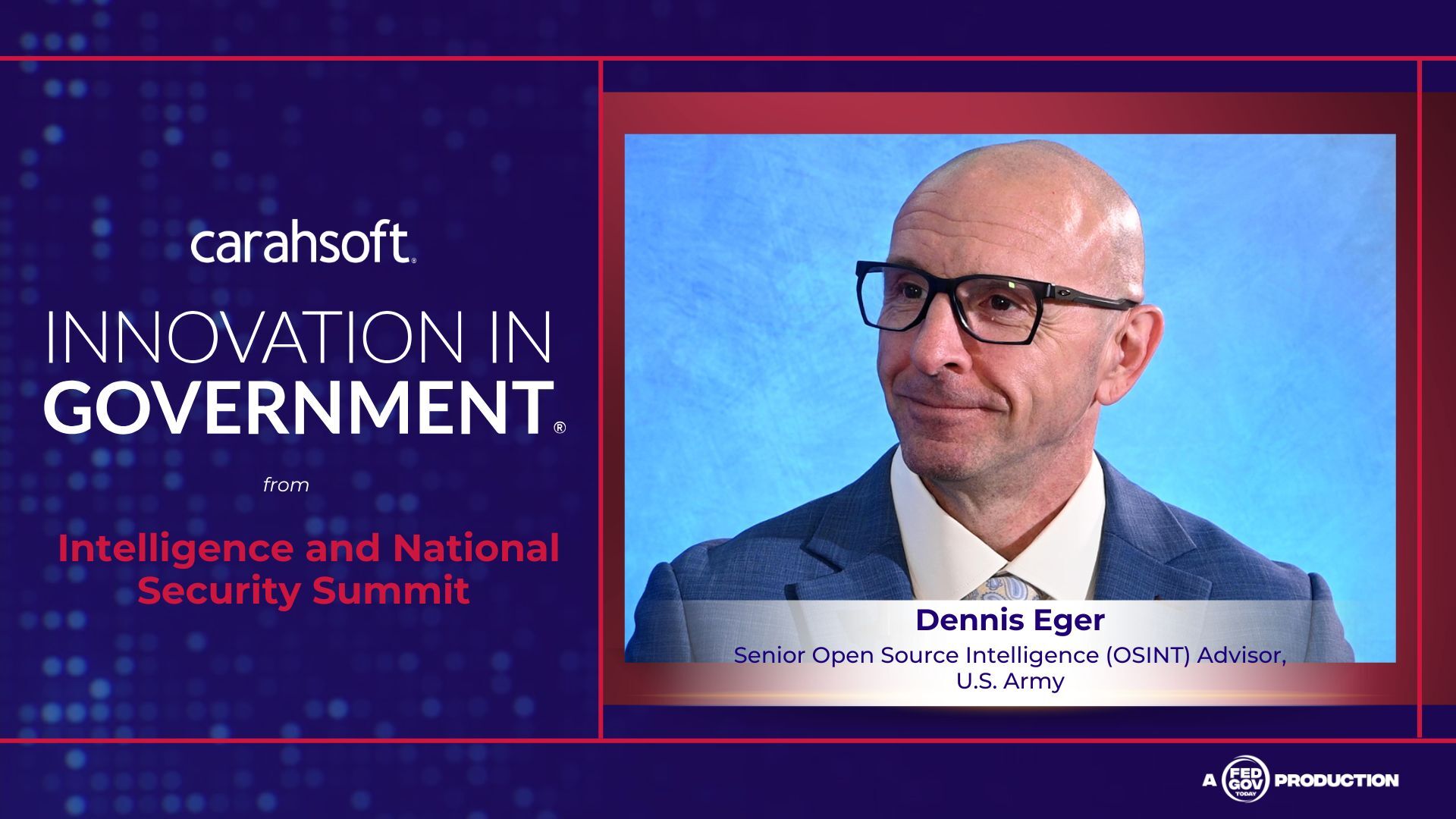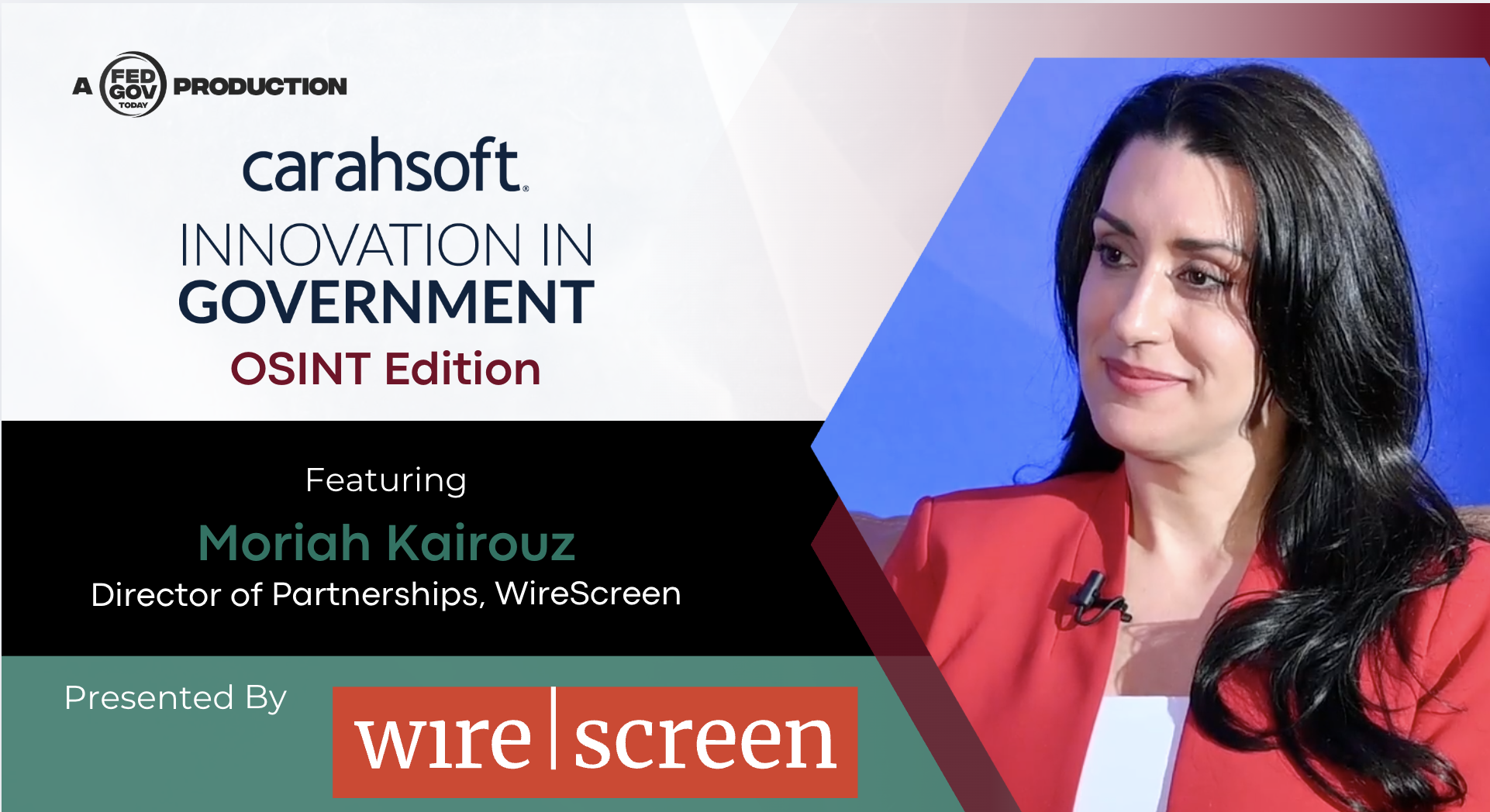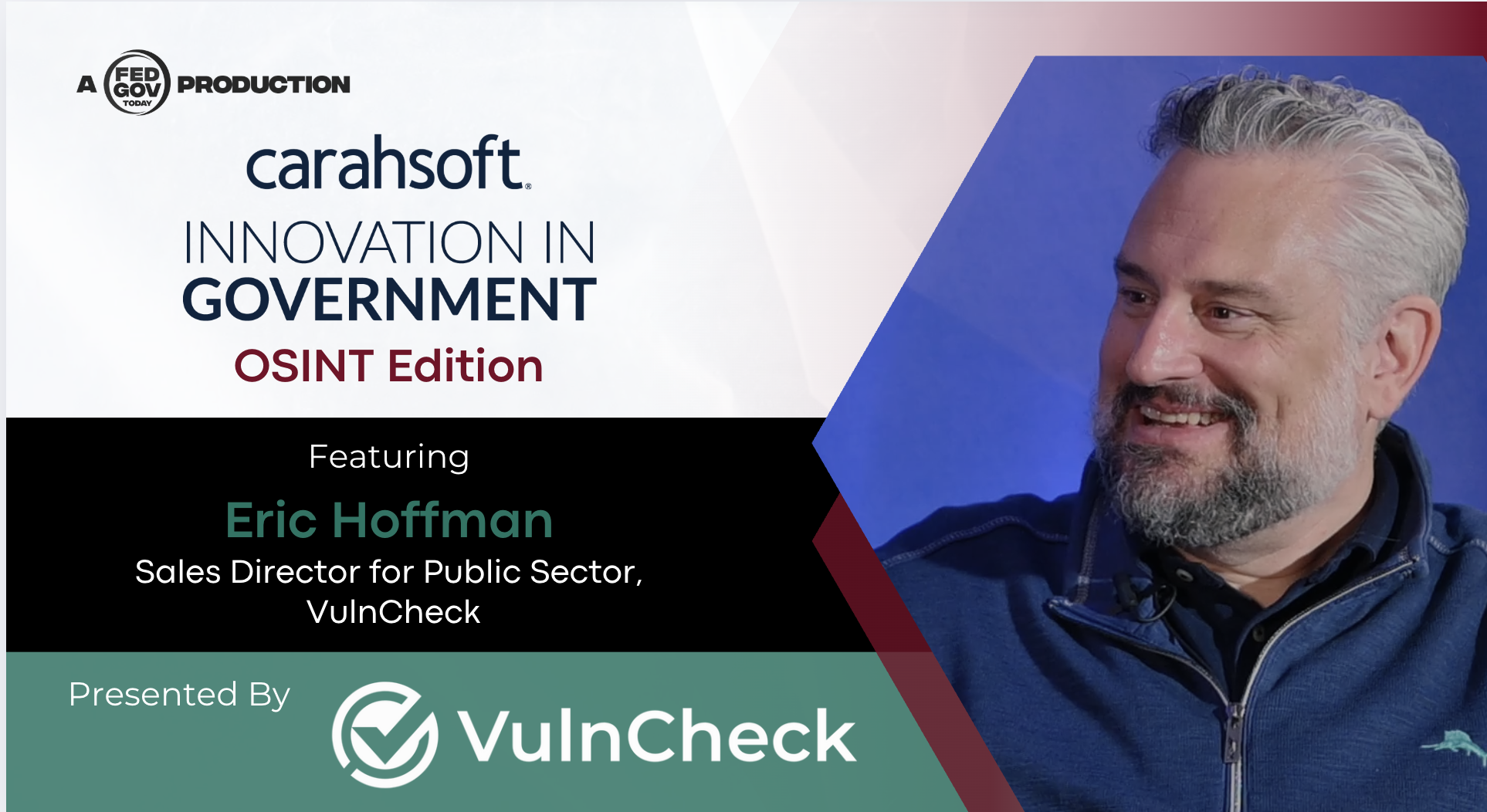Barbara Alexander and Eliot Jardines of the OSINT Foundation are leading a movement to raise the professional standards of open source intelligence across government and industry. They are working to ensure that OSINT is treated not as a casual data collection practice, but as a formal, skilled, and ethically grounded discipline on par with traditional intelligence fields.
 Alexander, a former senior official in DHS Intelligence, recalls the frustration that she and Jardines felt during the early pandemic era, when they watched webinars about OSINT led by people who had never actually practiced it. That frustration led them to launch the OSINT Foundation, which now provides professional development, networking, training, and public recognition to those working in the field.
Alexander, a former senior official in DHS Intelligence, recalls the frustration that she and Jardines felt during the early pandemic era, when they watched webinars about OSINT led by people who had never actually practiced it. That frustration led them to launch the OSINT Foundation, which now provides professional development, networking, training, and public recognition to those working in the field.
Jardines, who previously served as the first Assistant Deputy Director of National Intelligence for Open Source, explains that OSINT today is vastly more complex than it was in the early 2000s. Analysts must now understand AI, data science, privacy law, collection ethics, and how to validate findings in an age of misinformation. This demands a new kind of training and a new kind of institutional support.
A key goal of the Foundation is to provide certification. They believe that like cybersecurity or financial auditing, OSINT should have structured credentials that demonstrate expertise and ensure quality. This helps protect both practitioners and agencies, while also making the field more inclusive and professionalized.
Another major focus is education at the senior leadership level. Alexander and Jardines note that while many mid-level intelligence professionals now understand OSINT’s value, top decision-makers are still catching up. Events like the OSINT Foundation’s annual awards gala are designed not just to celebrate achievements, but to educate leadership on what OSINT is and why it matters.
 They are also passionate about building bridges between technologists and analysts. Too often, Alexander explains, software developers build tools without fully understanding what intelligence professionals actually need. The result is underused tools and wasted investment. By fostering dialogue across these communities, the Foundation aims to ensure that technology supports tradecraft—not the other way around.
They are also passionate about building bridges between technologists and analysts. Too often, Alexander explains, software developers build tools without fully understanding what intelligence professionals actually need. The result is underused tools and wasted investment. By fostering dialogue across these communities, the Foundation aims to ensure that technology supports tradecraft—not the other way around.
Both leaders see a bright future for OSINT—but only if the community builds the infrastructure to support its continued growth. That means training, standards, education, and connection. It means creating a profession, not just a function.
Key Takeaways:
-
OSINT should be treated as a professional discipline, with certifications and tradecraft standards.
-
Senior leadership education is essential for institutionalizing OSINT across government.
-
Collaboration between analysts and technologists ensures tools are practical and impactful.
This program was part of the program Innovation in Government: OSINT Edition filmed on location at the OSINT Tech Expo on May 2, 2025.



